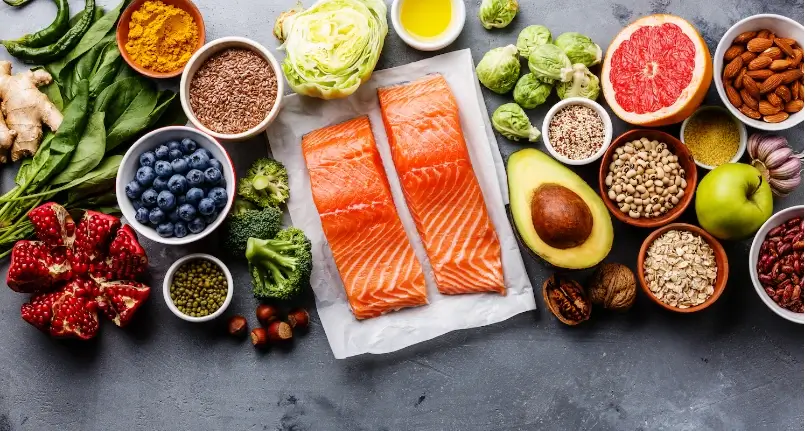Is too much fiber bad?
Fiber supplements ( viscous and non-viscous ), if taken in the context of a diet already sufficiently rich in fibrous residues, can cause an excess of fibers and the onset of some side effects. The most common fiber supplements are based on isolated fibers , namely:
- Beta-glucans : easily fermentable viscous fibers contained in barley and oats , and produced by fungi, yeasts , bacteria and algae ; the most common ones in the form of supplements derive from oats, mushrooms and yeasts.
- Pectins : viscous fibers extracted from citrus peel or apple pulp ; they also constitute a gelling food additive .
- Inulin and oligofructoses: they are extracted from chicory or synthesized from sucrose ; they represent a fairly widespread food additive. They are highly fermentable and have a prebiotic function on bifidobacteria .
- Guar gum : viscous and soluble fibers which constitute a laxative product , but are also contained in ” ready cereals ” and other food products.
- Psyllium : Diets low in saturated fat and cholesterol, which include 7g/day of soluble fiber from psyllium, may reduce the risk of heart disease .
- Chitosan : it is a non- digestible glucosamine , or rather a polymer of chitin; it reduces the absorption of fats and is available as a supplement for weight loss (effectiveness not proven) and for lowering cholesterol.
All these fiber supplements must be taken with plenty of water (250ml) and in the doses recommended on the label ; too many fiber supplements and/or not enough water in the diet (abdominal tension, abdominal cramps , excessive gas and diarrhea .
Gut side effects
There are fiber supplements which, more than others, determine the onset of specific symptoms associated with an excess of dietary fiber : guar gum, inulin and oligofructose, fructo-oligosaccharides , polydextrose , resistant starch and psyllium. In particular, the excessive intake of Guar gum and/or psyllium, together with the insufficiency of water, can determine the intestinal obstruction and the worsening of the symptoms in subjects with already compromised intestinal motility. Also , in people with colorectal polyposis psyllium supplementation appears to be directly related to increasing the size of precancerous adenomas .
Allergy side effects
Side effects on drug absorption
We also recall that some fiber supplements can have negative drug interactions with certain drug molecules; it is again the case of psyllium, the intake of which compromises the absorption of lithium , carbamazepine ( Tegretol ), digoxin ( Lanoxin ), and warfarin ( Coumadin ); in addition, guar gum slows the absorption of digoxin, acetaminophen (Tylenol) and bumetanide (Bumex), and decreases the absorption of metformin ( Glucophage ), penicillin , and some glyburide formulations (Glynase). The pectinhowever, it reduces the absorption of lovastatin (Mevacor) and probably also that of clindamycin , tetracyclines and digoxin.
As a precautionary measure, it is customary to recommend a distance of at least three hours between the intake of a fiber supplement and that of any drug.
Conclusions
Reach recommended levels while avoiding the side effects of excess fiber from too many supplements taken
The LARN (Recommended Daily Intake Levels of Nutrients for the Italian population) recommend reaching a fiber intake of around 30 g/day; in parallel , the Food and Nutrition Board of the Institute of Medicine (2004) recommends respecting a coefficient equal to 14 g of fiber for every 1000 kcal consumed, in order to lower the risk of developing cardiovascular disease . The same institute, for adults over 50, suggests maintaining a intake of 38 g/day for men and 21 g/day for women.
These contributions are easily achievable with the diet but, if it becomes necessary, it is possible to resort to fiber supplements after having CONSULTED a food professional, who – through the food history – will be able to estimate the right daily dose to take without incurring the side effects mentioned above.




